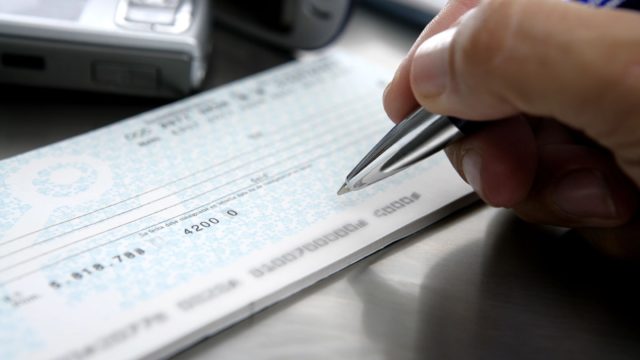
It’s been a rough week with 2 funerals, so please forgive the lack in posts recently. Hopefully we’re on the path to making 2011 great again!
Back to real estate….as part of the purchase contract in Virginia (and DC and Maryland) buyers include an “earnest money deposit” (EMD) as part of their offer, but what does that mean and how much is it?
How much is it?
The general rule of thumb most agents go by is that the EMD should be 1-3% fo the sales price. Some agents stick to a 2% rule, but others use it to entice the seller by offering more. Back in the 2005-6 craze, people were offering far more than that (think $50k for a $300k purchase).
What exactly is the EMD?
Think of it like a security deposit. It’s your cash up front to show good faith that you plan on proceeding with the contract as it’s written, to abide by deadlines, show up at closing on time and with the money you owe. It’s supposed to give sellers confidence in accepting your offer, because they can go after that money if you mess around with the contract deadlines and default.
Who holds it and how do I lose it?
Unless specified in the contract (usually done with a foreclosure), the EMD is held by either the attorney who is conducting the settlement or the broker representing the buyer, in an escrow account. It can’t be released without written approval by all parties involved – buyers, sellers, buyer’s agent, seller’s agent. You lose your EMD if you fail to perform on the offer – for example, if you go through a home inspection and you want to walk away because you can’t agree to repairs, that’s OK – you’ll get your money back if it’s within the time limit. However, if you get through all of your contingencies and have no more “outs” but decide you no longer want it or get cold feet, the seller’s have the right to go after your EMD as compensation for the time you took from them. There are other ways of defaulting, but I can explain that once we sit down to write an offer.
How quickly is it cashed?
In Virginia, the check must be deposited into the escrow account within 5 business days of the date of ratification (i.e. the date a contract is agreed upon all parties in writing). Brokers usually have their own rule, for instance I have to provide the check to my broker within 48 hours of ratifying the contract so they have time to process it.
What happens to the EMD when we close?
At the time of closing, your EMD will be a credit towards your downpayment. So if you owe $15,000 and you gave me an EMD check for $3,000, you only owe the $12,000 difference.
Wrapping up – think of the EMD like proof to the seller you want their house. Do as you say you will, and that money will go towards your costs. If you mess around, that money may be up for grabs!
What if your broker does not cash the EMD within the 5 day legal limit? What laws the does the broker break? This is my current situation. My broker gave some excuse as to why he didn’t deposit the check..it has been over two week.s
Summer,
Assuming your deal is in Virginia, I’d contact and report the agent to their broker. If you get no response, I would take it to their real estate board.